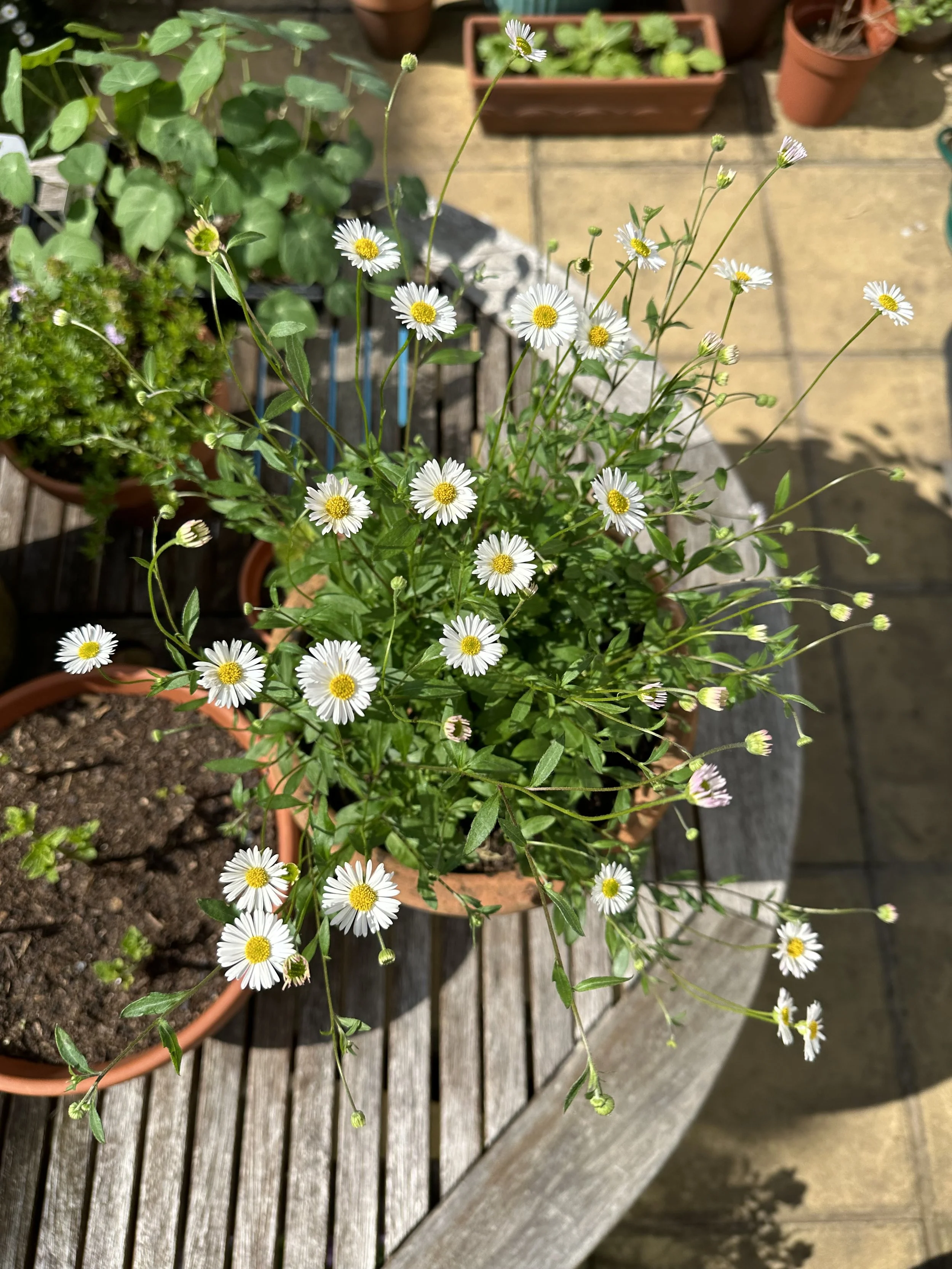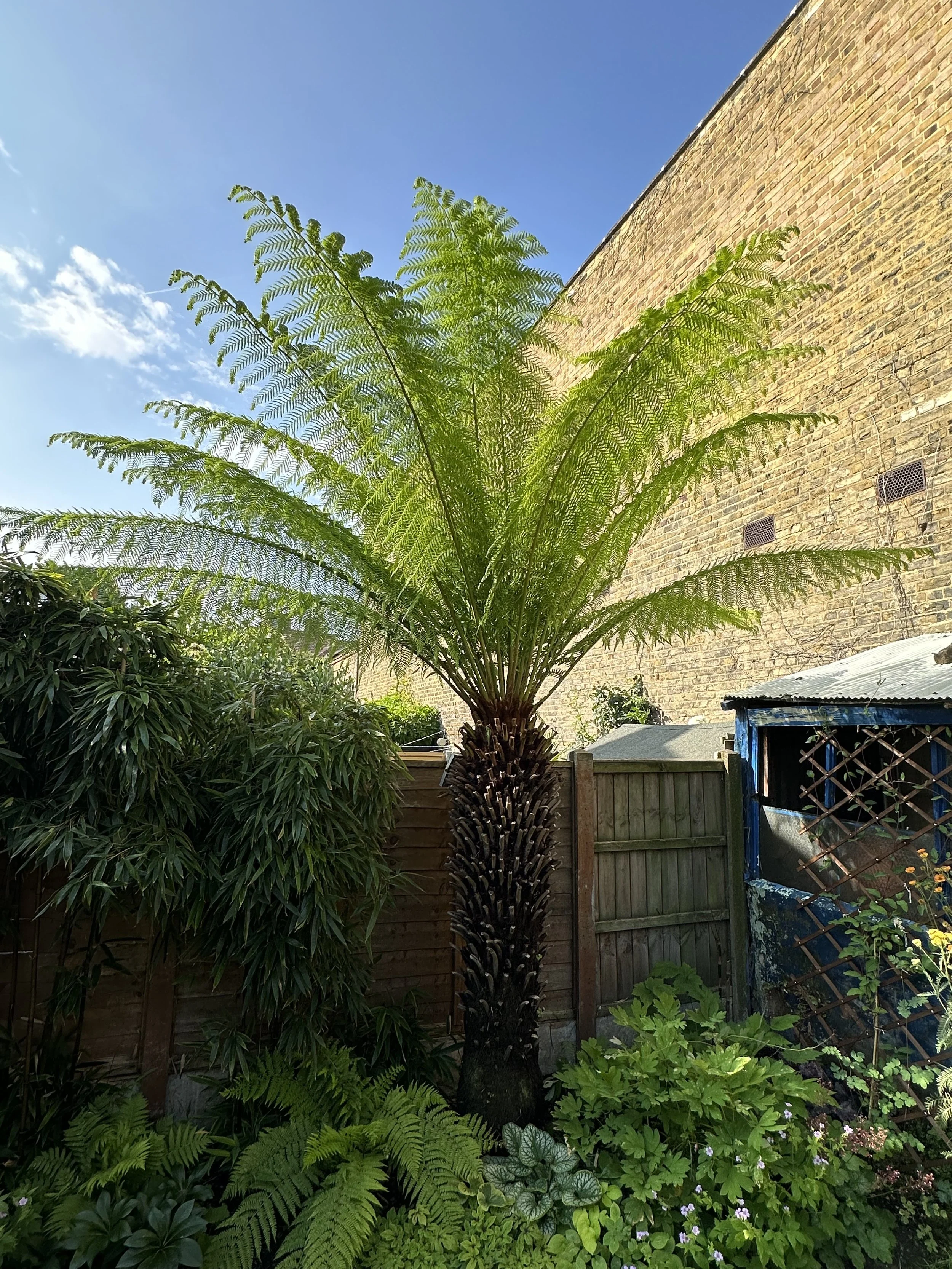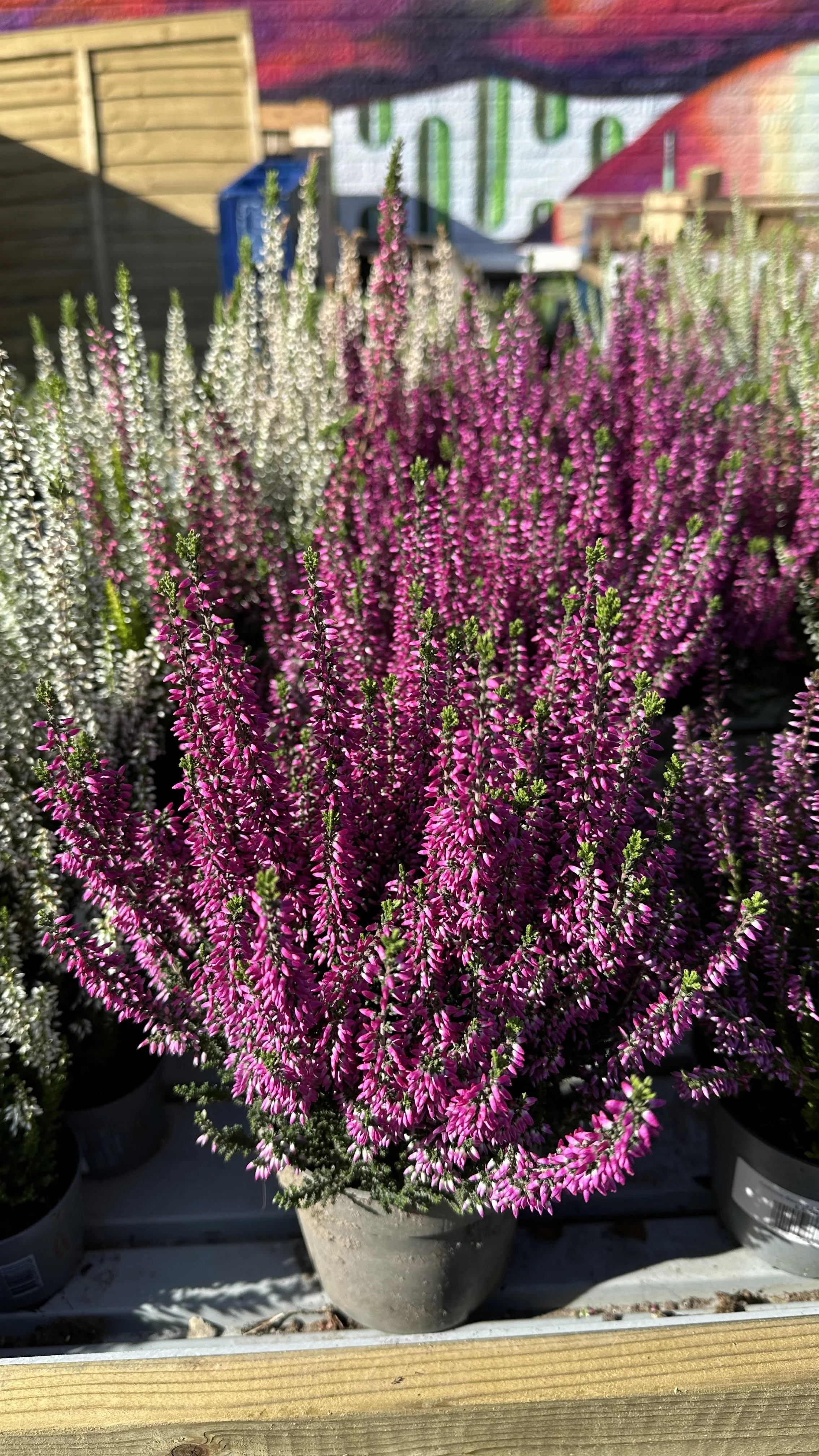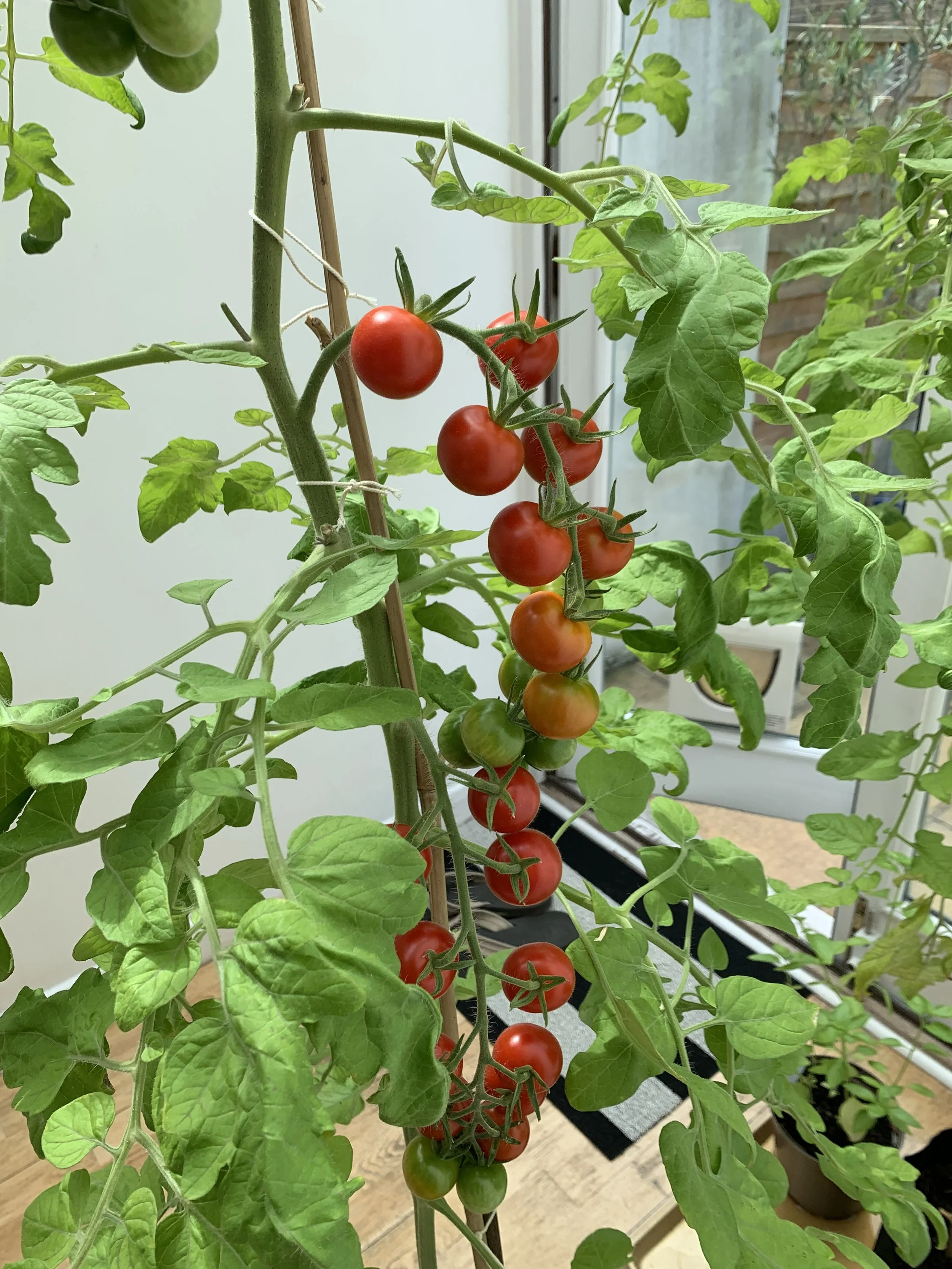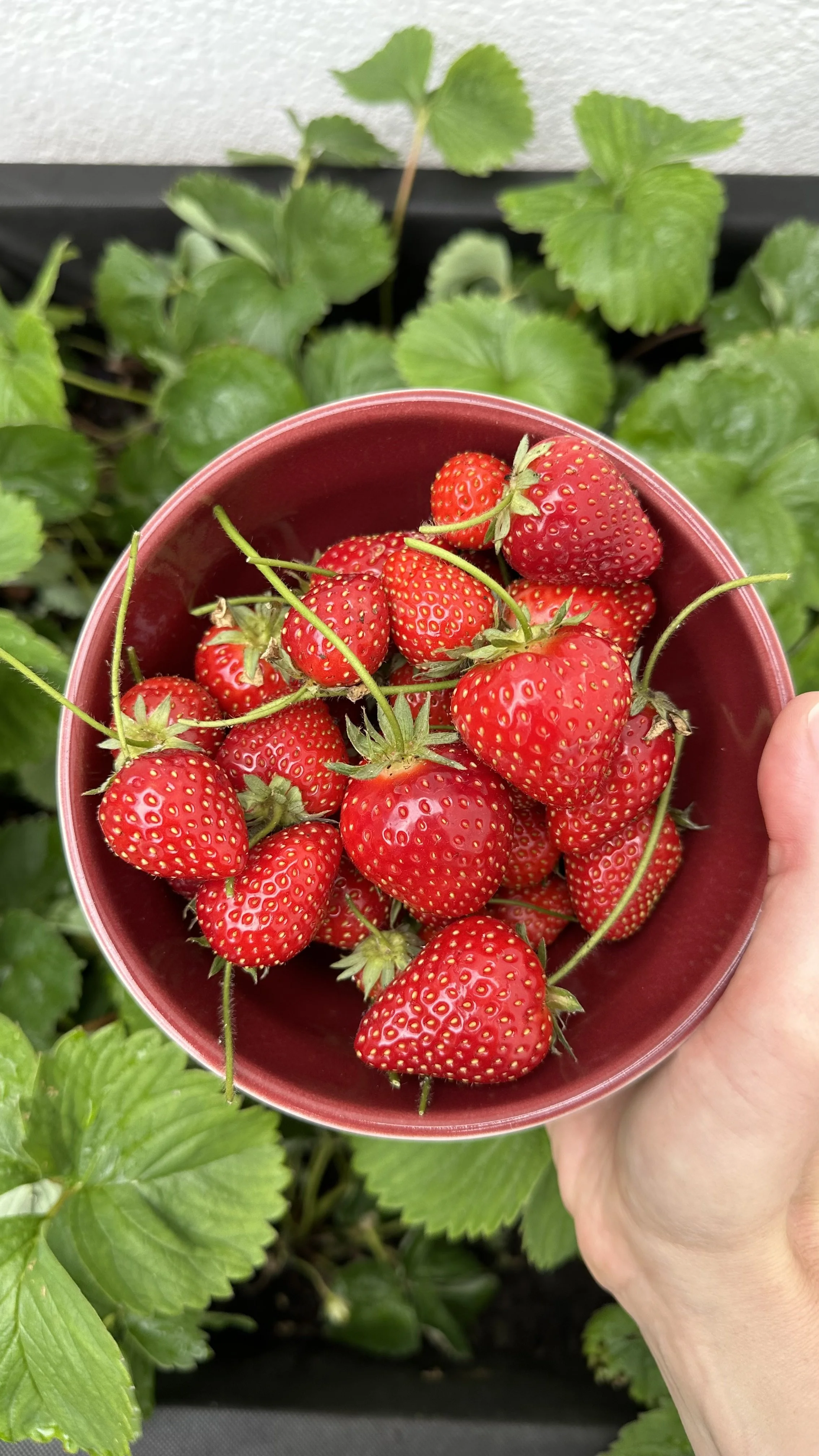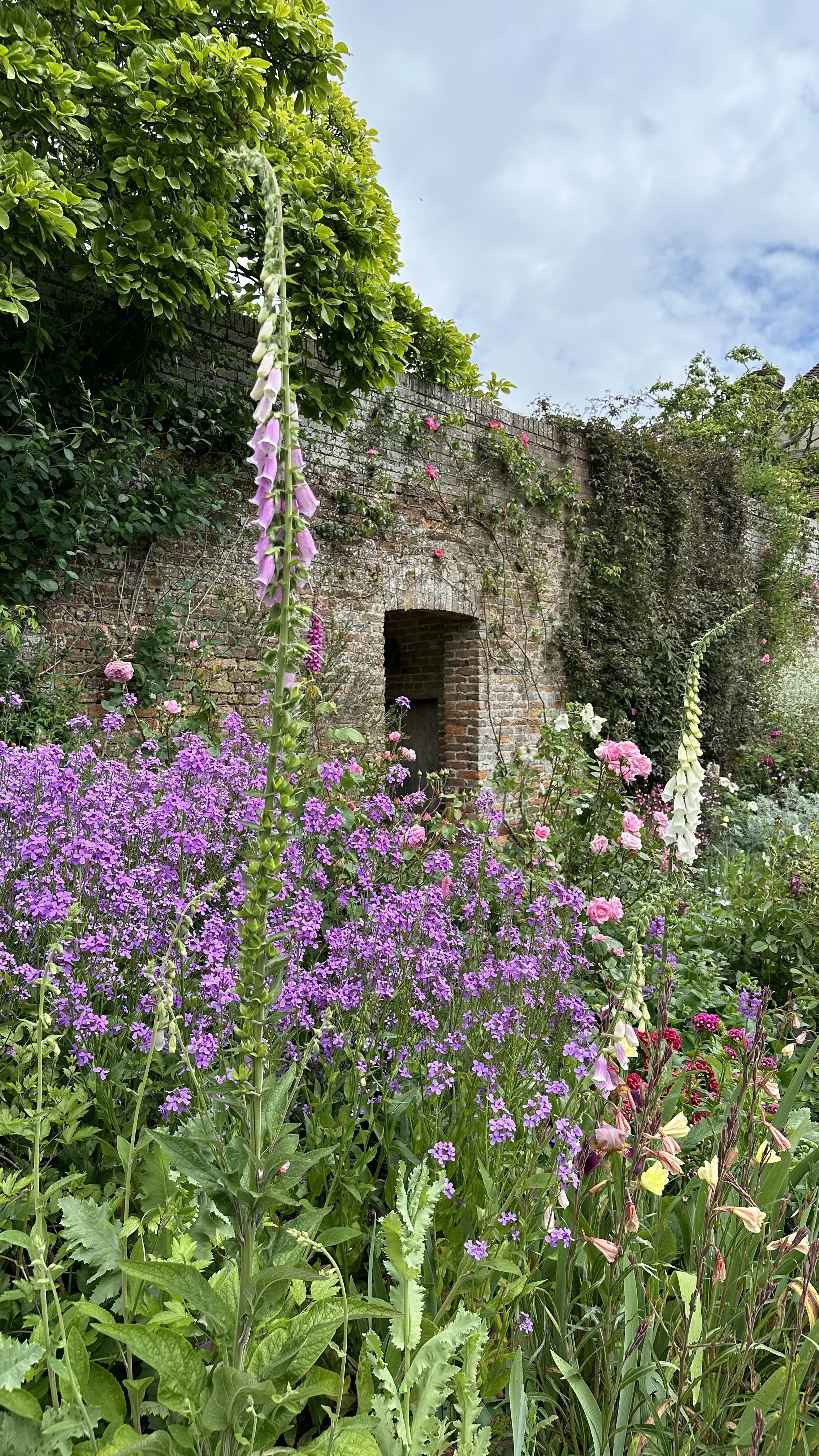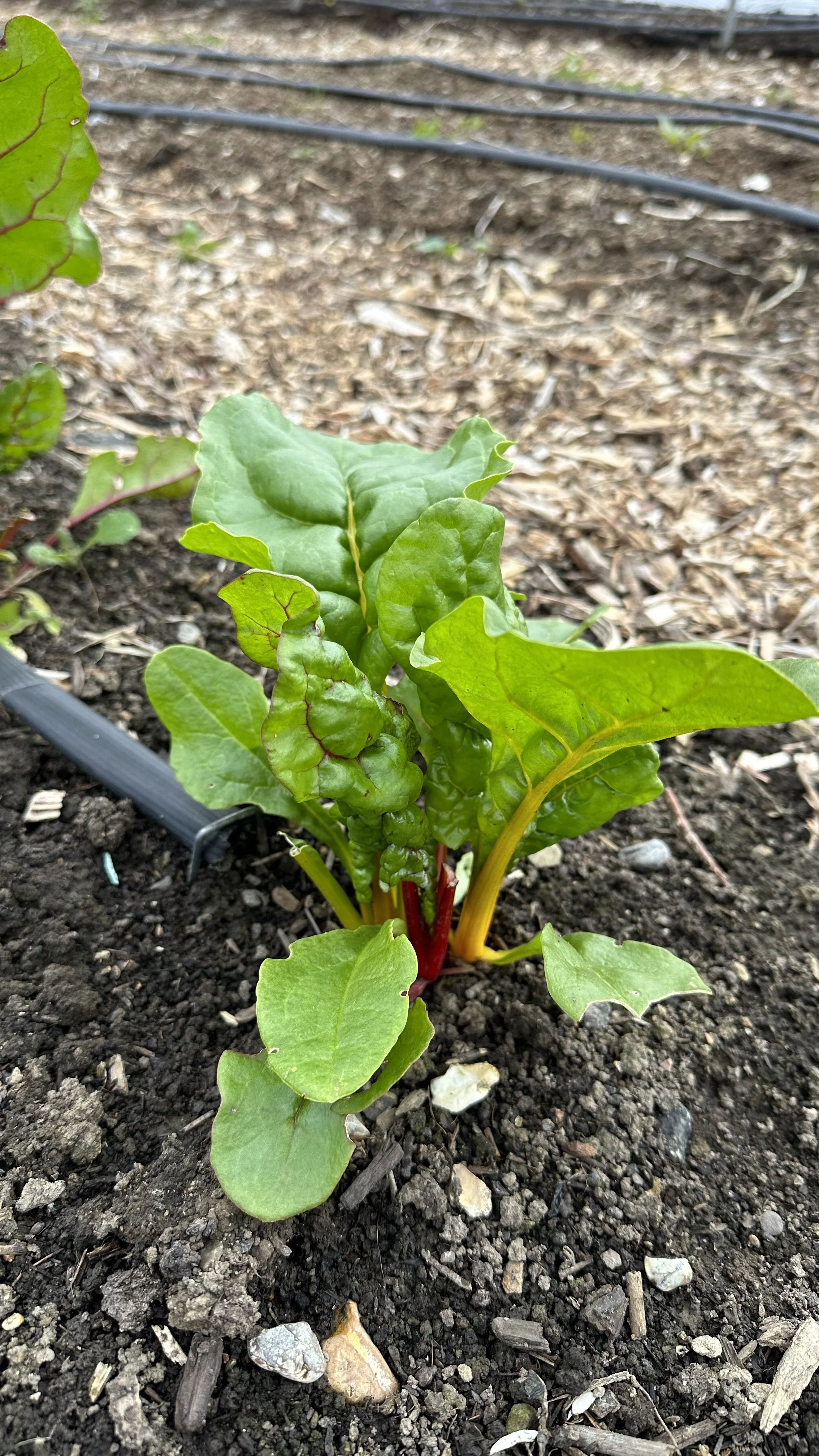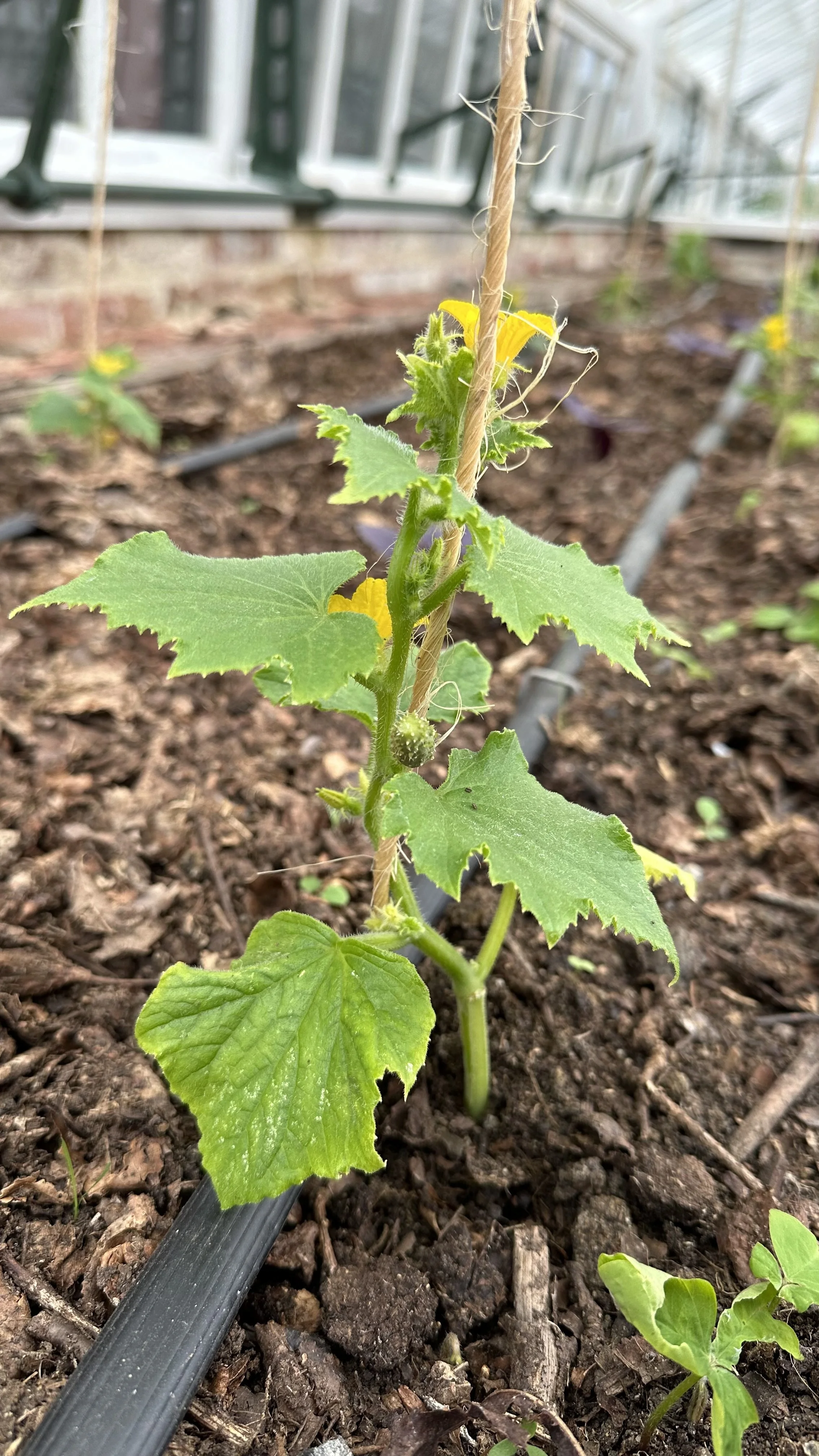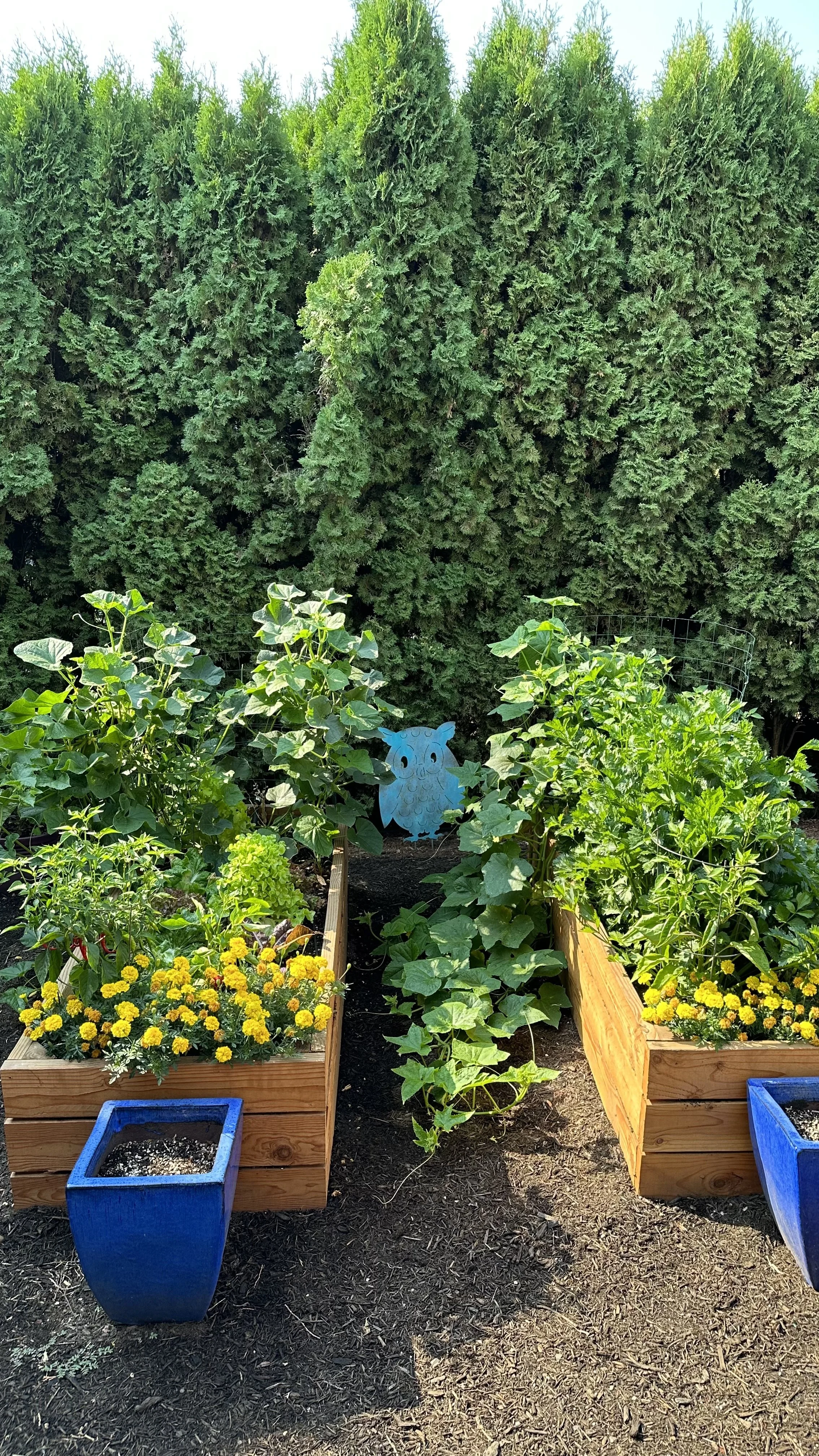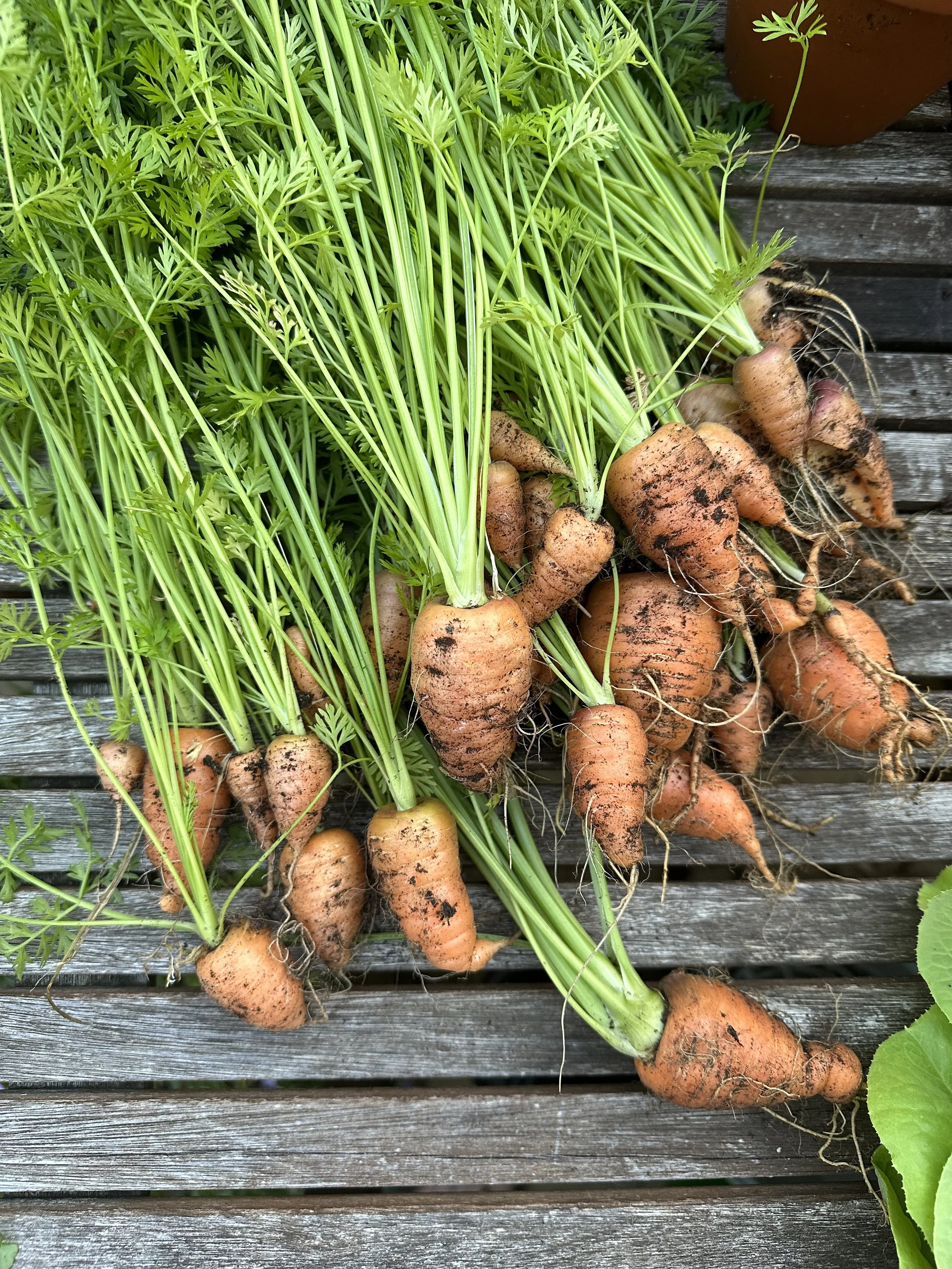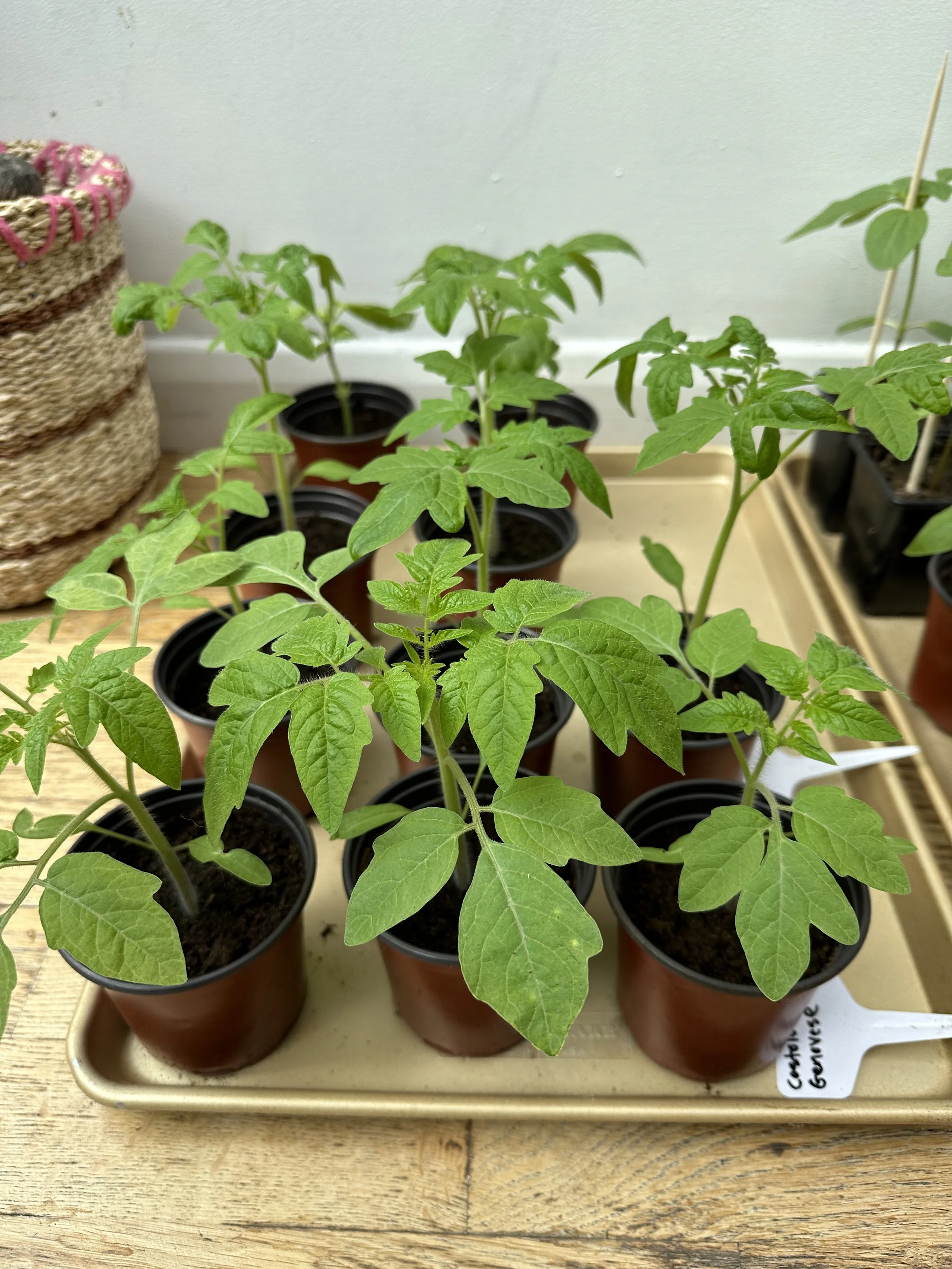The Best Compost for Vegetable Gardens
This website is reader-supported - thank you! This post may contain affiliate links. As an Amazon Associate, I earn from qualifying purchases at no extra cost to you.
When it comes to growing a healthy and productive vegetable garden, compost is an essential ingredient.
Compost is a mixture of organic matter that has decomposed and transformed into a nutrient-rich soil amendment.
It provides essential nutrients, improves soil structure, and helps with water retention in garden soil.
Here I will take you through everything you need to know about choosing the best compost for growing vegetables.
In this Article:
What is Compost?
Compost is a mixture of organic materials, such as leaves, grass clippings, and food waste, that are decomposed and transformed into a rich, soil-like substance.
Compost is used as a natural fertilizer and soil amendment for plants, as it provides essential nutrients and improves soil structure.
The decomposition process of composting is performed by a combination of bacteria, fungi, and other microorganisms, which break down the organic matter into smaller, more manageable compounds.
There are two main types of compost: green compost and brown compost.
Green compost consists of fresh, green plant material, such as grass clippings, fresh leaves, and vegetable scraps.
Brown compost consists of dry, brown plant material, such as fallen leaves, straw, and wood chips.
A balanced compost should contain a mix of green and brown materials.
The best compost for a vegetable garden is a well-balanced, nutrient-rich compost made from a mix of organic materials.
It should be dark, crumbly, and have a rich, earthy odor.
The compost should contain a mix of both "green" materials, such as fresh grass clippings and vegetable scraps, which are high in nitrogen and moisture, and "brown" materials, such as fallen leaves, straw, and sawdust, which are high in carbon and provide structure.
It is also important to avoid using any compost that has a strong, unpleasant odor, as this may indicate that it is not fully decomposed and could harm your plants.
Additionally, it is best to choose a compost that has been composted for at least a few months, allowing time for the ingredients to fully decompose and mature into a nutrient-rich soil amendment.
One confusing thing to note:
Compost is a term that is also used to describe growing media that can be purchased for growing plants.
Multipurpose bagged compost is available for potting on plants, and seed compost is also available for growing seeds.
These bagged composts contain proprietary blends of growing media and organic matter.
The term compost when used to refer to growing media is typically purchased to fill containers for growing plants or to fill a raised bed for growing vegetables.
If you are looking for the best bagged compost for the garden, this is my top pick.
Check out my other guides to get your garden started:
For more tips, check out my guides:
Why is Compost Good for a Garden?
Compost is good for a garden because it provides essential nutrients, improves soil structure, and helps retain moisture in the soil.
Nutrient enrichment
Compost is rich in vital nutrients, including nitrogen, phosphorus, and potassium, which are essential for plant growth and health.
Compost also contains trace minerals and micronutrients that are beneficial for plants.
Improved soil structure
Compost can improve the texture and structure of the soil, helping to increase its ability to retain water and nutrients.
This can lead to healthier, more vigorous plant growth and reduced soil erosion.
Moisture retention
Compost helps to improve the water-holding capacity of soil, reducing the frequency of watering needed for plants.
This can be especially beneficial during dry periods or for plants that are sensitive to drought.
Disease suppression
Compost can also help to suppress plant diseases and pests by creating a more balanced and healthy soil ecosystem.
To get your garden started off right check out my guides:
Does Fertilizer Go Bad? The Reality of Fertilizer Shelf Life
How to Use Compost in the Garden
Compost can be used in the garden in a variety of ways to improve soil health, fertility, and plant growth.
Here are some ways to use compost in your garden:
Soil amendment
Compost can be added to the soil as a soil amendment to improve fertility, water-holding capacity, and structure.
Spread a layer of compost over the soil and work it into the top few inches of soil before planting.
Mulch
Compost can also be used as a mulch around plants to conserve moisture, regulate soil temperature, and suppress weed growth.
Spread a 2-3 inch layer of compost around the base of plants, being careful not to cover the stems.
Check out my guide: The Best Alternatives to Traditional Mulch for Your Garden.
Compost tea
Compost can be steeped in water to create a nutrient-rich liquid fertilizer known as compost tea.
Compost tea can be used to water plants, or as a foliar spray to improve plant health and vigor.
Check out my full guide: A Simple Recipe for Rich Compost Tea.
Best Homemade Compost for Vegetable Garden
The best compost for a vegetable garden is a nutrient-rich, well-decomposed compost made from a balanced mix of green and brown materials.
Green materials are fresh, high in nitrogen, and help to add moisture to the compost, while brown materials are dry, high in carbon, and help to add structure to the compost.
A good compost vegetable garden should contain a mix of both green and brown materials, such as grass clippings, fresh leaves, vegetable scraps, straw, and wood chips.
The compost should be dark, crumbly, and have a rich, earthy odor.
Additionally, it is important to avoid compost that has a strong, unpleasant odor, as this may indicate that it is not fully decomposed and could harm your plants.
Check out my guide:
Best Bagged Compost for Vegetable Gardens
You can purchase compost from a garden center or online and this can be used as either a soil amendment or the main growing medium.
For vegetable gardens, it is important to choose a certified organic compost for vegetable gardens.
Quality organic compost is made from natural, non-synthetic materials and is free from synthetic fertilizers, herbicides, and pesticides.
Using organic compost for growing vegetables helps to promote a healthy and sustainable growing environment, while avoiding the potential health risks associated with synthetic chemicals.
Organic composts also help to improve soil fertility by providing essential nutrients, promoting soil biology, and improving soil structure.
Look for a compost that is certified organic by a reputable organization and check out the organic materials review.
This can lead to healthier, more vigorous plant growth, and a more productive vegetable garden.
Another important thing to look out for is the pH level.
The pH level of the compost should be near neutral (around 7.0) for best results in most vegetable gardens.
Top Choice for Organic Compost for Vegetable Gardens
Blue Ribbon Organics OMRI Certified Organic Purpose Compost.
Blue Ribbon Compost is great for vegetable gardening as it regenerates soil by improving aeration, increasing water retention, buffering pH, adding organic matter, and key nutrients including: nitrogen, phosphorus, potassium, calcium, and magnesium.
It is monitored for trace metals, unwanted pathogens, and compost maturity; and tested to ensure product is safe and free of weed seed.
For more planting tips, check out my guide:
Why is it Important to Avoid using Peat Moss?
When purchasing compost from a garden center or online, it is important to choose a bagged compost that does not use peat moss in the mix.
Sometimes you will need to look carefully at the package and the list of included elements in the compost to determine if peat has been added.
This is important for several reasons:
Environmental impact
Peat moss, including sphagnum peat moss, is harvested from peat bogs, which are important carbon sinks and habitats for a variety of species.
Harvesting peat moss contributes to the destruction of these habitats and the release of large amounts of carbon into the atmosphere.
Unsustainable resource
Peat moss takes thousands of years to form, and its rate of production is much slower than its rate of use.
This means that it is an unsustainable resource that will eventually be depleted if it continues to be harvested at its current rate.
Acidic soil
Peat moss is naturally acidic, with a pH around 4.0 to 4.5.
While some plants, such as blueberries, prefer acidic soil, most garden plants prefer a slightly alkaline soil with a pH around 6.0 to 7.0.
Using peat moss in the garden can make the soil more acidic, which can lead to nutrient deficiencies in plants and reduce their growth.
Soil compaction
Peat moss is often sold in compressed bales, which can lead to soil compaction when used in the garden.
This can reduce the soil's ability to hold water and air, which is essential for plant growth.
Equip your urban green space with my recommend top tier tools.
How to Make Your Own Compost
One of the best things about compost is that it's easy to make at home.
Composting can be a very rewarding experience as it reduces your overall waste in the garden.
All you need is a compost bin or compost pile, a mix of green and brown materials, and some patience.
Mix the green and brown materials together, add water to keep it moist, and turn the mixture regularly to allow oxygen to circulate.
The compost will be ready to use in a few months.
Here are the steps to make your own compost:
Choose a location
Select an area for your compost pile that is easily accessible and well-drained.
A sunny spot is ideal, but your compost pile can also be located in a shady area.
Gather materials
Compost is made from a mix of "green" materials, such as fresh grass clippings, food scraps (but no meat!), and coffee grounds, which are high in nitrogen, and "brown" materials, such as fallen leaves, straw, and sawdust, which are high in carbon.
Aim for a balanced mix of both green and brown materials.
Build the compost pile
Layer the materials in a pile, alternating between green and brown materials.
The pile should be at least 3 feet wide and 3 feet tall to allow for adequate heat and air circulation.
Add water
As you build the pile, sprinkle it with water to keep it moist.
The pile should be moist, but not waterlogged.
Turn the pile
Every few weeks, turn the pile with a garden fork to mix the ingredients and allow for better air circulation.
Monitor moisture
Keep the pile moist, but not waterlogged. If the pile begins to dry out, add water.
If it becomes too wet, add more brown materials.
Harvest compost
The compost is ready to use when it is dark, crumbly, and has a rich, earthy odor.
This process can take several months to a year, depending on the materials used and the temperature of the pile.
Check out my guide How to Start Composting in a Tumbler.
What is a Compost Starter?
A compost starter is a product that is added to a compost pile to help speed up the composting process.
It usually contains a blend of beneficial microorganisms, such as bacteria and fungi, that are specifically designed to break down organic matter quickly.
Compost starters can help to reduce the amount of time it takes for compost to mature, as well as improve the quality of the finished product by reducing the formation of unpleasant odors and promoting the growth of desirable microorganisms.
Adding a compost starter is optional and may not be necessary in all cases, as composting can occur naturally without any additional help.
However, if you are looking to speed up the process or improve the quality of your compost, a compost starter can be a useful tool.
My Top Pick for Compost Starter:
Jobe's Organics Compost Starter.
This compost starter has a combination of three microorganisms: bacteria, mycorrhizal fungi plus a unique species of Archaea an extremely aggressive microorganism that quickly breaks down even complex materials and minerals into basic nutrients and trace elements that plants can readily absorb.
How Can Wormcastings be Used in the Garden?
Worm castings, also known as vermicompost, are the nutrient-rich waste products produced by earthworms as they digest organic material.
Worm castings can be used in the garden in several ways to improve soil health and plant growth.
Here are some ways to use worm castings in your garden:
Soil amendment
Worm castings can be mixed into the soil to improve fertility, water-holding capacity, and structure.
Spread a layer of worm castings over the soil and work it into the top few inches of soil before planting.
Top dressing
Worm castings can be spread on top of the soil around established plants as a top dressing to provide a slow-release source of nutrients.
Fertilizer
Worm castings can be used as a fertilizer to provide plants with a slow-release source of nutrients.
They can be applied to the soil directly or mixed into compost or potting soil.
My Top Picks
Organic Red Worm Compost Soil Amendment
Organic fed earthworm castings are the microbial-rich waste by-product of the red earthworm and wiggler, used as a clean, nearly odorless worm soil builder gardening compost in place of smellier, messier cow manure.
Worm Castings Organic Fertilizer, Wiggle Worm Soil Builder
Wiggle Worm Soil Builder Pure Earthworm Castings Organic Fertilizer is an all-purpose natural fertilizer that comes to you straight from the earthworm with no alterations.









